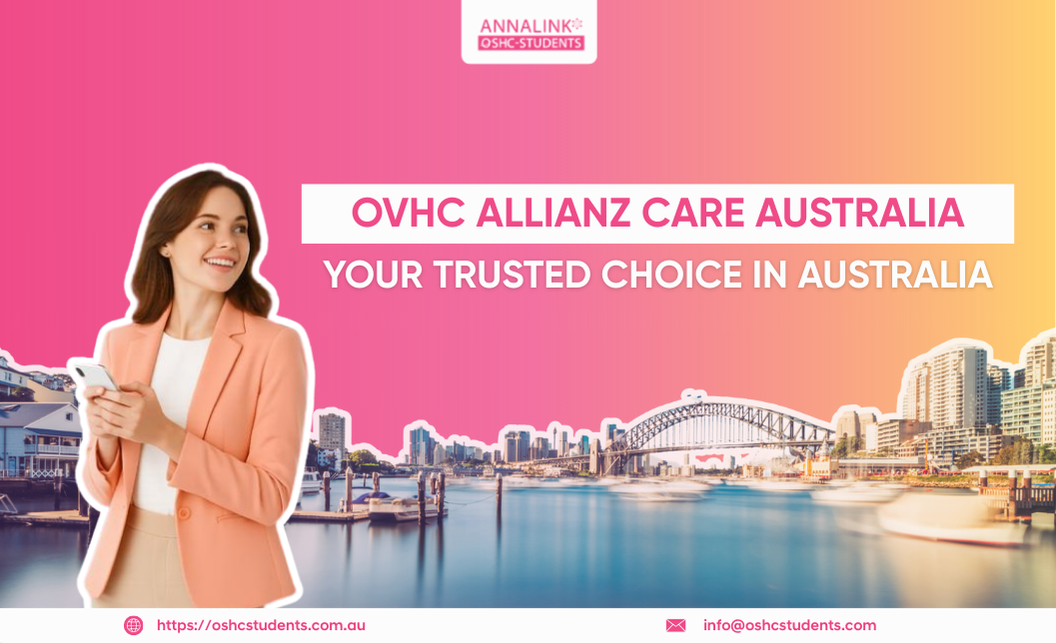OSHCstudents – Before you receive your treatment you are entitled to ask your doctor or health care provider, your health insurer, and your hospital about any extra money you may have to pay out of your own pocket, commonly known as a ‘gap’ payment. Knowing how much your treatment will cost is called Informed Financial Consent.

Are you going to hospital as a private patient?
When being admitted to hospital as a private patient, you may have to contribute toward the cost of your treatment. In most cases, these out of pocket costs relate to medical fees charged by your treating doctors and health care providers. You may also incur out of pocket costs for hospital fees and prostheses.
In Australia, doctors and health care providers decide how much to charge for their services. It is important to ask for an estimate of fees before you receive the service or agree to a proposed treatment so you can make an informed decision as to whether to accept the costs and go ahead with your treatment.
Before you receive your treatment you are entitled to ask your doctor or health care provider, your health insurer, and your hospital about any extra money you may have to pay out of your own pocket, commonly known as a ‘gap’ payment. Knowing how much your treatment will cost is called Informed Financial Consent.
- Ask your treating doctor or health care provider wherever practical how much their fee will be, and if you will need to pay a gap. This information should preferably be provided in writing.
You may have more than one doctor or health care provider involved in your treatment, for example, a surgeon and an anaesthetist. Your surgeon should be able to advise who else will be treating you and how you can contact the other doctors or health care providers to seek fee information from them.
You may have lower or no out of pocket costs if your treating doctors elect to use your health insurer’s gap scheme. You are entitled to ask your doctors if they will use your insurers’ gap scheme. - Ask your health insurer whether your policy will cover the procedure, and whether you will need to pay an excess, co-payment or any other charge associated with the treatment. Your health insurer may need you to obtain the Medicare item numbers your doctor or health care providers will be using to give you an accurate quote. If you are within waiting periods, you will also need to ask your doctors to fill in medical certificates for assessment by the fund to determine if benefits will be paid.
- Ask the hospital whether they have an agreement with your private health insurer and whether you will have to pay any gaps or extra costs. Your hospital should perform a membership eligibility check with your health insurer before you are admitted to confirm your hospital cover and seek your informed financial consent to incurring any out of pocket costs associated with your admission. This information should preferably be provided in writing.
Informed Financial Consent in Emergency Situations
There will be circumstances, for example emergency admissions, where it will not be possible for your doctor or health care provider to obtain informed financial consent before the service is provided. In these cases, information should be provided to you as soon as practicably possible after the service is provided. In circumstances where it’s not feasible to provide information directly to you before or after treatment, your doctors or health care provider may provide the information to a representative acting in your interests.
For more information on out of pocket costs and what you can do, click here
What can I do if my bill is much higher than I expected?
In the first instance, we suggest you contact your doctor’s or health care provider’s office to check whether you agreed to these charges before treatment, and discuss the reasons for the various charges.
Making a Complaint
If you are unable to negotiate a suitable outcome with your doctor and the matter involves a private health insurance arrangement, the Private Health Insurance Ombudsman may be able to assist.
They may contact your insurer, doctor, health care provider or the hospital on your behalf to try to resolve the matter. If we are unable to assist, we may be able to refer you to someone who can, such as the health complaints agency in your State or Territory.
You can contact the Private Health Insurance Ombudsman on 1300 362 072 or via this website for assistance.
If you are international students, foreigners arriving to Australia, or Australian citizens traveling abroad looking for OSHC, OVHC, travel insurance, please contact OSHCstudents Team at email: info@oshcstudents.com and our partners for further information and assistance.
OSHCstudents (source: Ombudsman)














